Originate from Egypt, Galala Beige Marble is formed due to the stratification/sedimentation of the sandy rock which has given it the characteristic and elegant beige color. It has been treasured for its rich palette of gorgeous hues and look, and can be fabricated into flooring covering, wall tiles, window sills, stairs, vanity tops, wash basins,etc.
Galala Beige Marble is one of the most well-known marbles in the world and it has been widely used from the ancient time. From a geomorphological point of view, darker beige veins cover the surface of Galala Beige giving it a “flowery” appearance with a strong visual impact. Particularly appreciated with a brushed finish, this beige marble is gorgeous when placed in rustic settings for the creation of floors and walls. Galala Marble is characterized by its continuous availability in the global market, as well as by its low price, which is commensurate with all classes.
Product Display
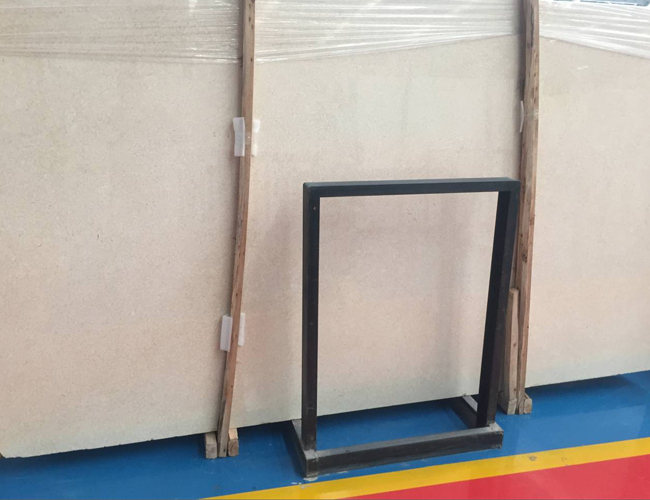
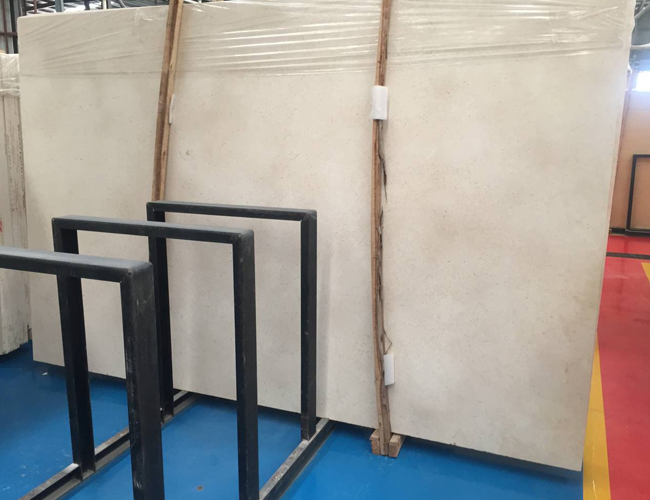
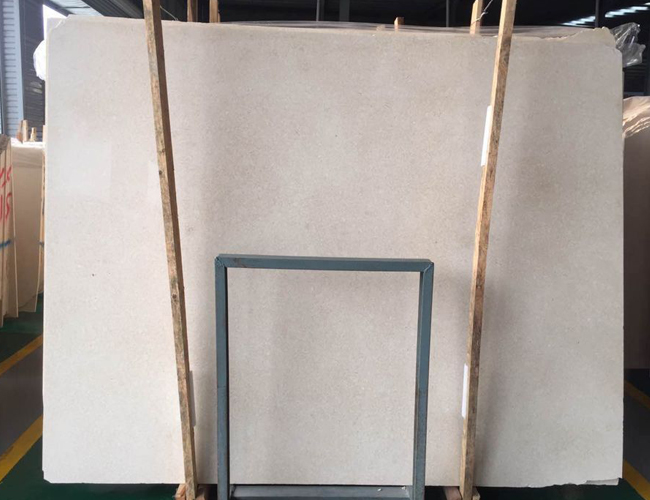
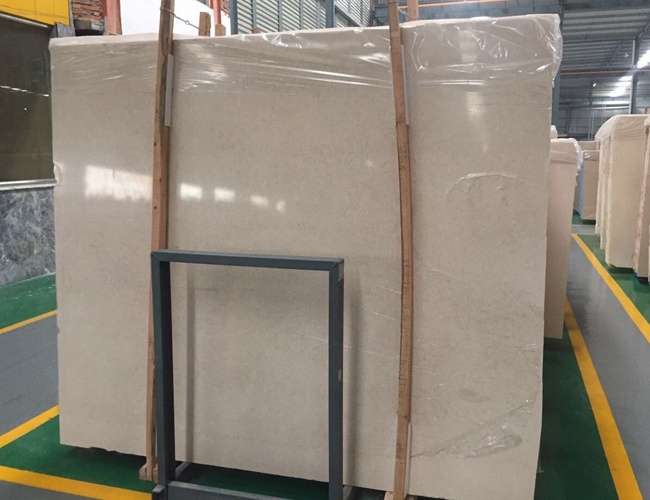
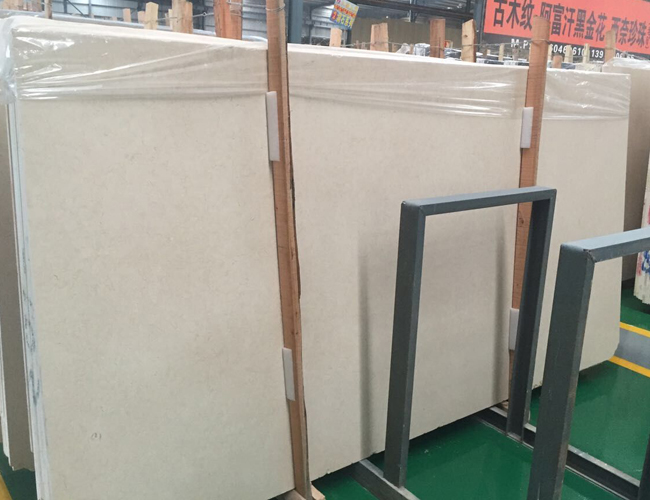
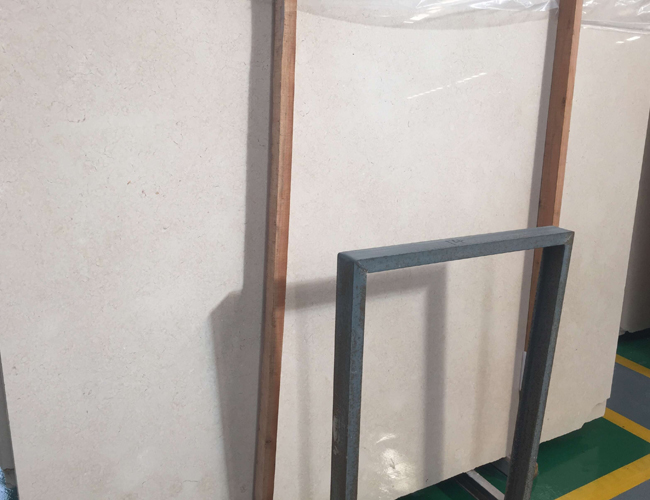
Specification
Item: Galala Beige Marble
Other industrial names: Egyptian Beige Marble, Egyptian Cream Marble.
Origin: Egypt
Features
– Galala Beige Marble is characterized by strength, durability and high stamina.
– The color of Galala Beige Marble ranges from light beige to dark beige. Choosing the blocks and dry lay are necessary to make the color consistent for the same area.
– Due to the nice appearance and good price, Galala Beige can be applied in different kinds of projects, such as palaces, government buildings, urban constructions, etc.
– The texture of the Galala Beige also make it suitable to be produced into sinks, fireplaces, statues and other carving items.
Standard Specifications & Technical Data:
Water Absorption (ASTM C 97): 0.17 %
Modulus of Rupture (ASTM C 99): 1 800 psi
Compressive Strength (ASTM C 170): 17 600 psi
Abrasion Resistance (ASTM C 24): 31.6 Ha
Flexural Strength (ASTM C 880): 1 250 psi
Density (ASTM C 97): 2 675
For further queries or information, please feel free to contact us at any time.
Get in Touch With Us!
lf you are interested in any of our products or would like to discuss a customized order, please feel free to contact us.

quick links
products Categories
Contact Us